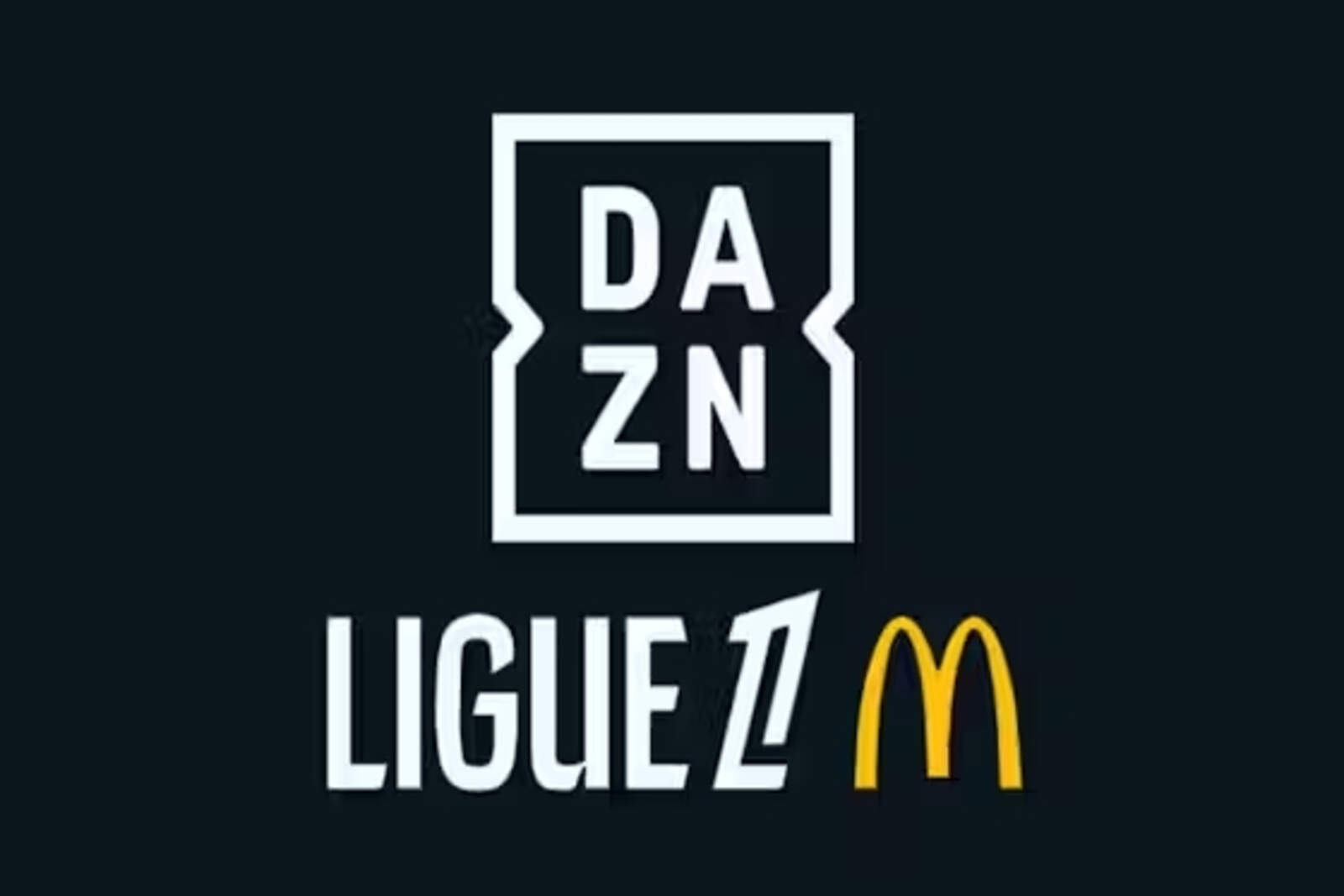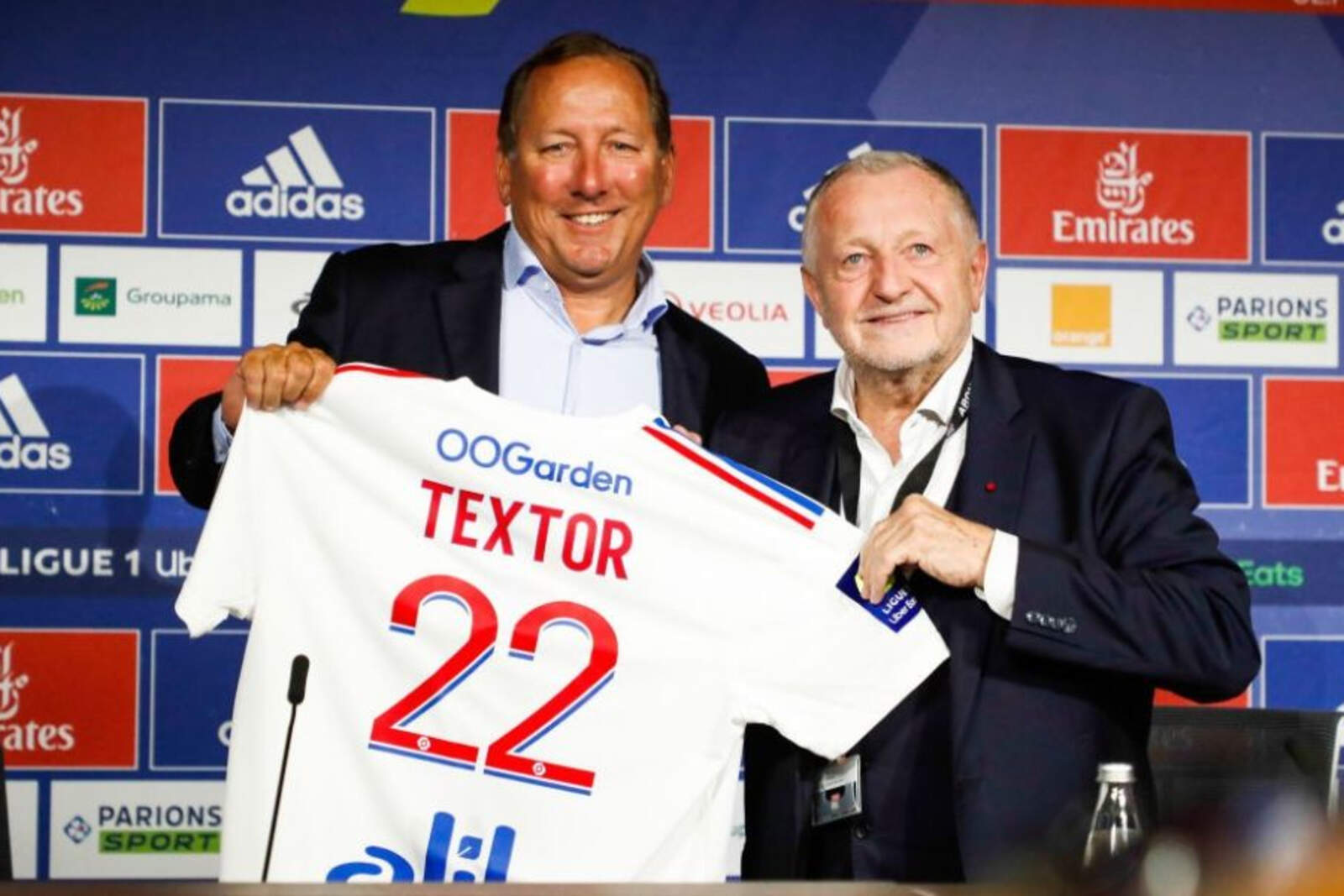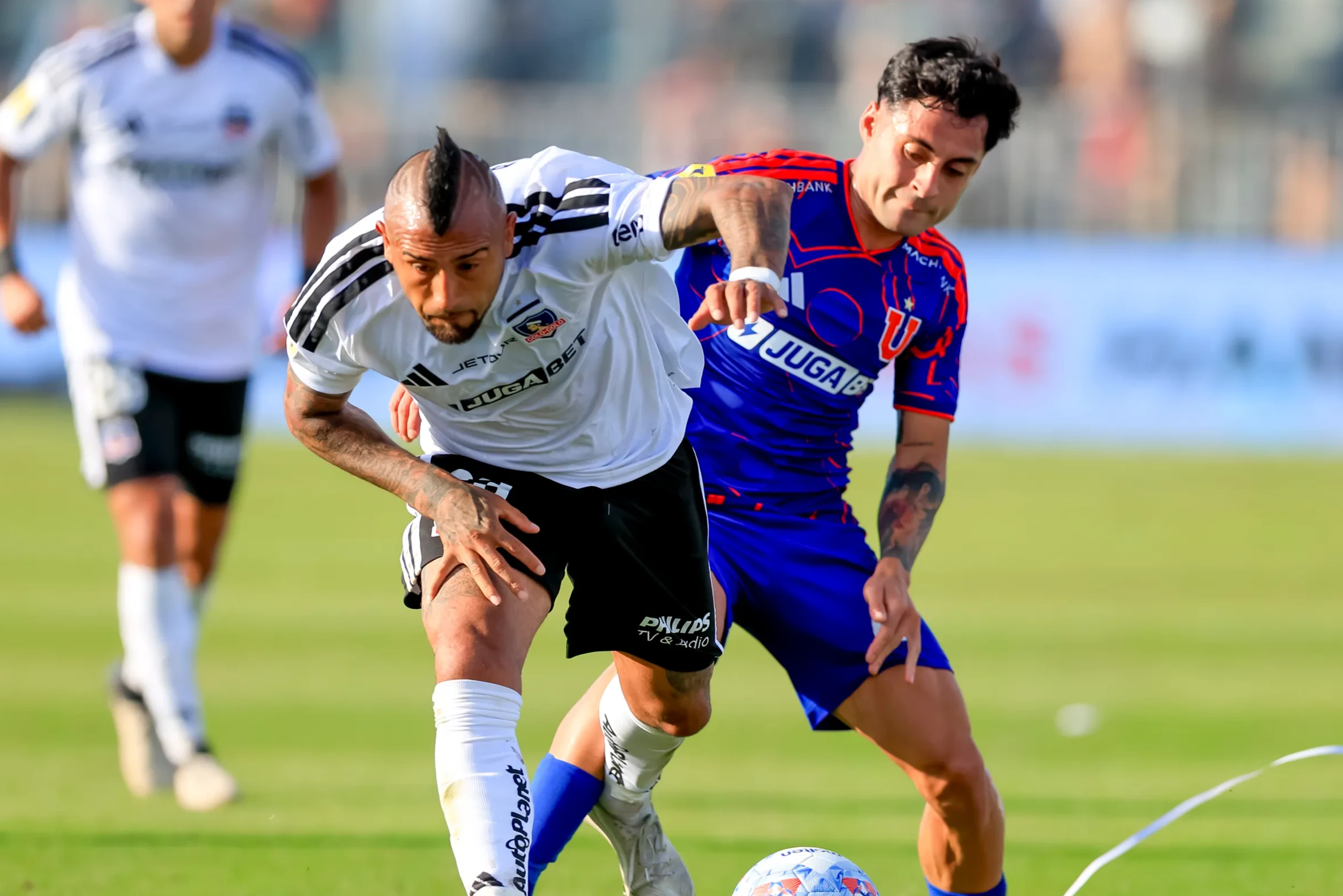Just nine months after signing a five-year contract, DAZN decided to abandon its role as the main broadcaster of Ligue 1. This leaves French football plunged into an economic crisis never seen before.
According to L’Équipe, the platform reached an understanding with the Professional Football League (LFP) to end the broadcast of the eight matches per day once the season concludes. As compensation, DAZN will disburse 100 million euros in indemnity. However, through a statement, the company expressed its intention to "remain linked to the project", albeit with a different participation.
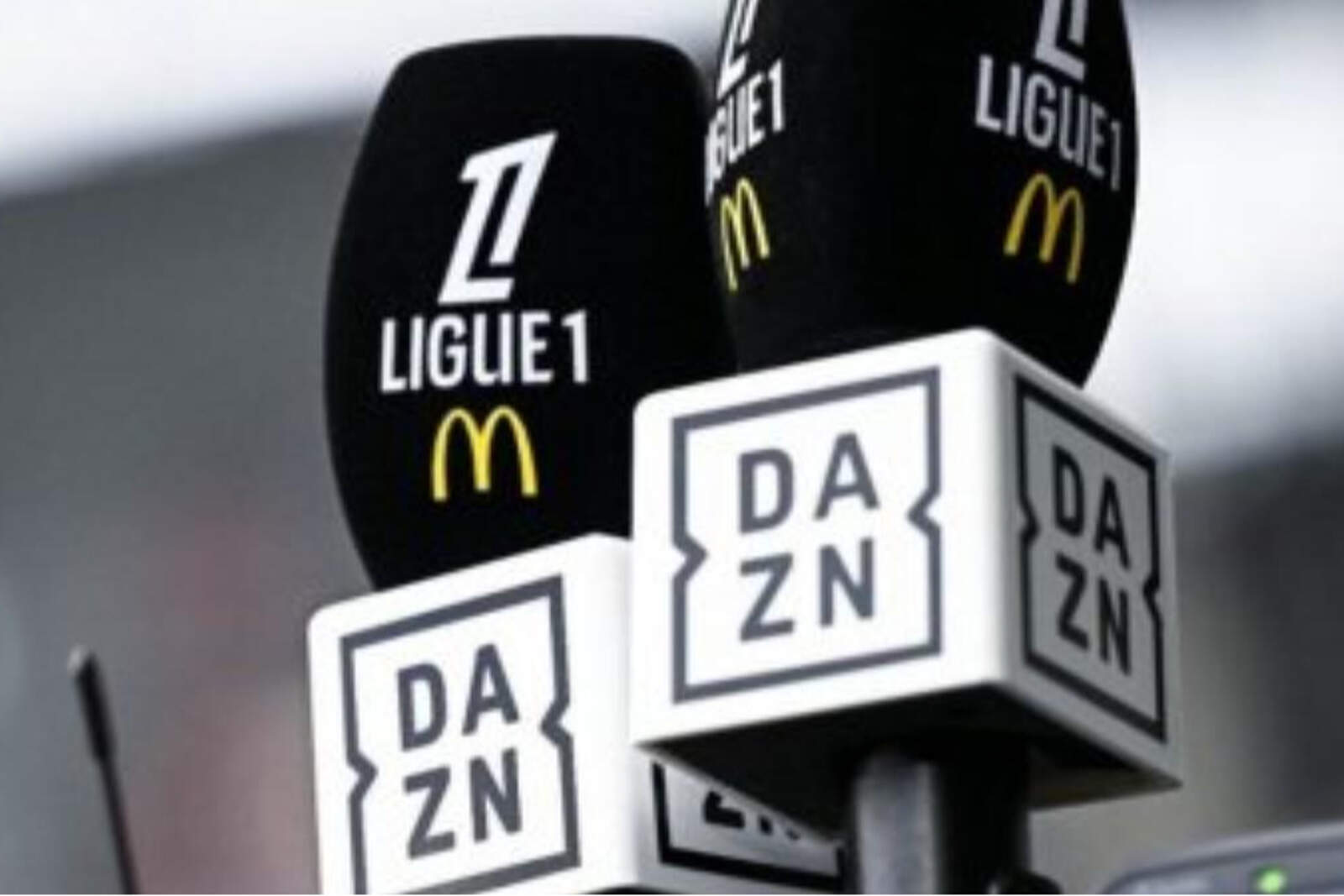
The breakup was something that had been brewing since the beginning of the year. At that time, the frictions between the LFP and DAZN became public due to discrepancies in the interpretation of the contract signed in August. The disengagement will be official on May 2, during a meeting of the league's board of directors.
As detailed by As, the British company could not guarantee the future payments stipulated, which accelerated the exit through negotiated means. Apart from the indemnity, it must also pay the last two payments for broadcast rights, totaling another 100 million euros.
In this scenario, the LFP is urgently evaluating alternatives to avoid an economic collapse that would fully impact the clubs, whose economy heavily depends on the money from television. One of the options on the table is launching its own channel operated by LFP Media, although its long-term viability raises many questions.
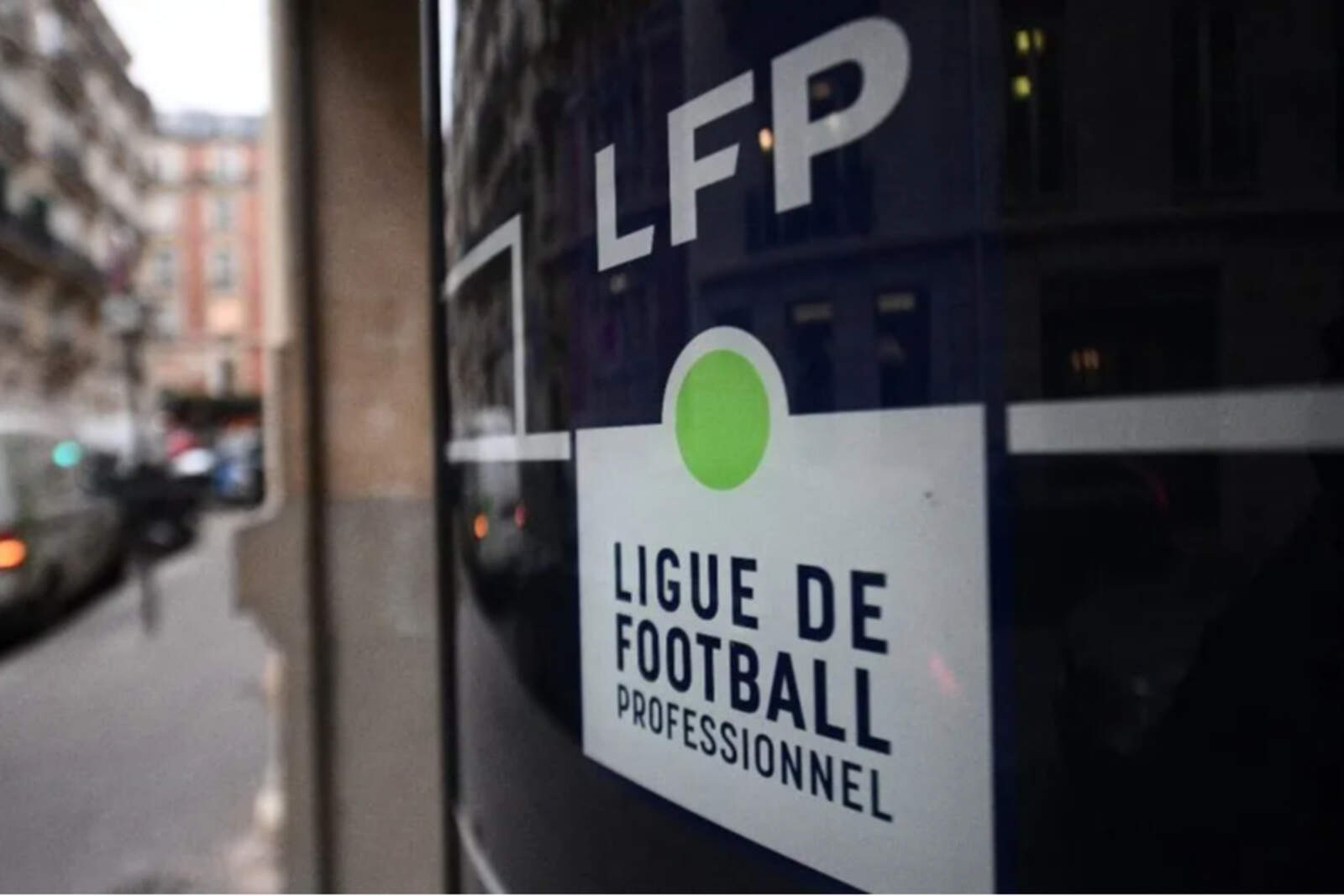
The withdrawal of DAZN, which according to reports accumulates losses close to 250 million euros and managed to attract just over 500,000 subscribers, has left the French tournament in a critical situation. The future of the tournament is uncertain, and beyond which company takes over the broadcasts, the fund CVC, also linked to LaLiga, already has 13% of the television revenues guaranteed.
Three clubs could declare bankruptcy after the television collapse
In this backdrop, Montpellier, Le Havre, and Angers are among the clubs most exposed to a possible bankruptcy. As reported by The Guardian, the conditions of the new agreement with CVC, much lower than those the LFP had with DAZN, would leave these institutions in an unsustainable position, as their main sources of financing came from TV rights revenues.

